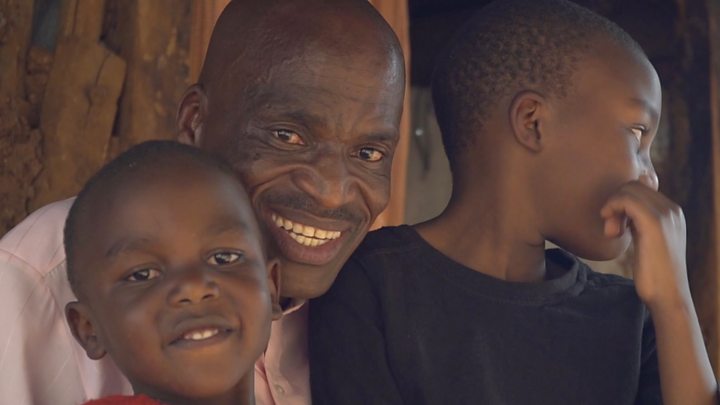Africa could become the next epicentre of the coronavirus outbreak, the World Health Organization (WHO) has warned.
UN officials also say it is likely the pandemic will kill at least 300,000 people in Africa and push nearly 30 million into poverty.
The past week in Africa has seen a sharp rise in coronavirus cases.
There have been almost 1,000 deaths and almost 19,000 infections across Africa, so far much lower rates than in parts of Europe and the US.
The UN Economic Commission for Africa – which warned 300,000 could die – called for a $100bn (£80bn) safety net for the continent, including halting external debt payments.
The WHO says the virus appears to be spreading away from African capitals.
It has also highlighted that the continent lacks ventilators to deal with a pandemic.
More than a third of Africa’s population lacks access to adequate water supplies and nearly 60% of urban dwellers live in overcrowded slums – conditions where the virus could thrive.
How bad is the situation in Africa?
There are almost 19,000 confirmed cases in Africa and at least 970 confirmed deaths across the whole continent, which has a population of about 1.3 billion.

North Africa is the worst affected region. Algeria, Egypt and Morocco have all had more than 2,000 cases and at least 100 deaths. Algeria has had the most deaths, with 348.
Elsewhere, South Africa has also had more than 2,000 cases, with 48 deaths, while the continent’s most populous nation, Nigeria, has had 442 cases and 13 confirmed deaths out of a population of some 200 million.
Get the latest on the BBC’s live tracker.
Why are there fewer cases compared with Europe and the US?
WHO Africa director Dr Matshidiso Moeti told BBC Global Health correspondent Tulip Mazumdar that international travel played a part.
“If you look at the proportion of people who travel, Africa has fewer people who are travelling internationally,” she said.
But now that the virus is in within Africa, she says that her organisation is acting under the assumption that it will spread just as quickly as elsewhere.
Source: BBC











